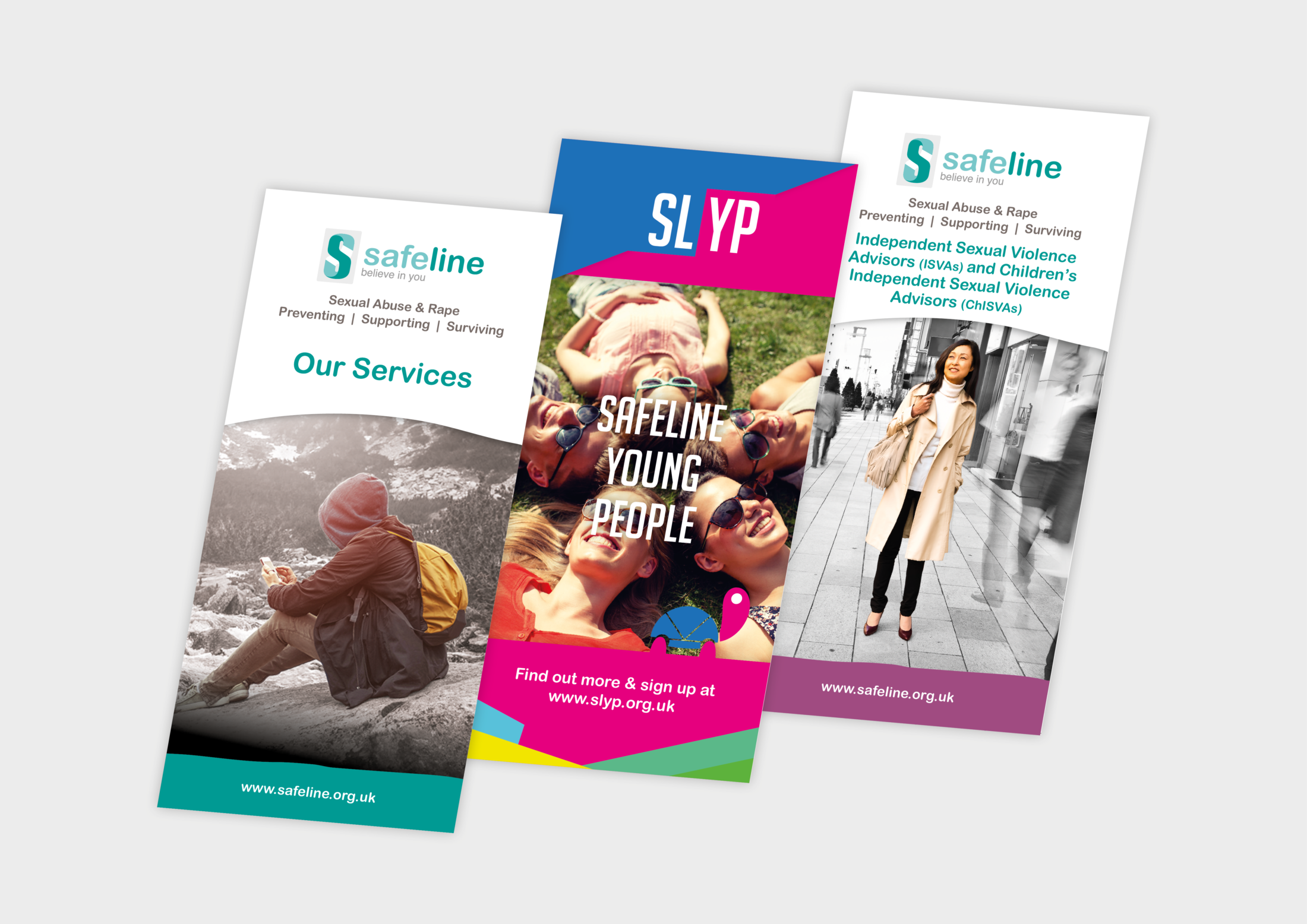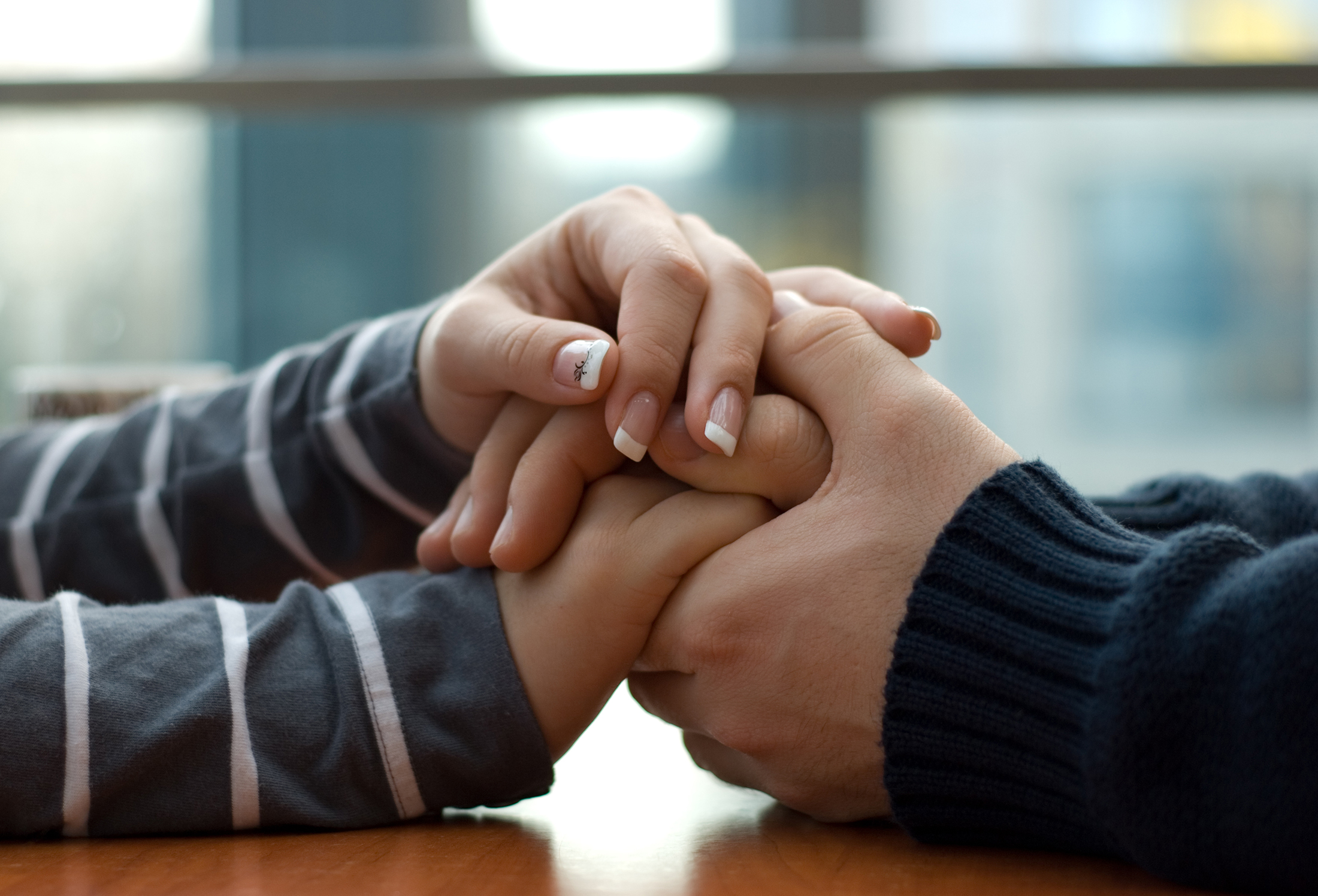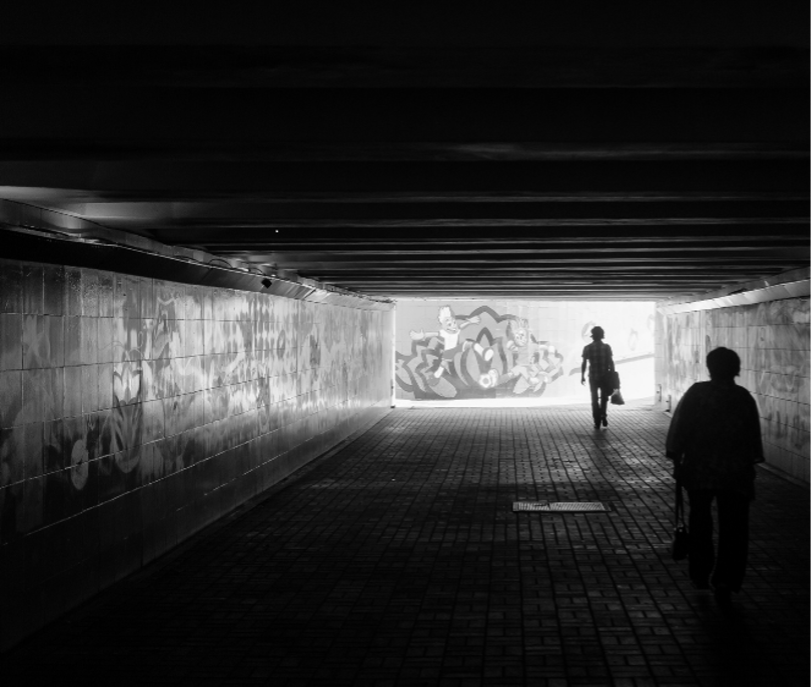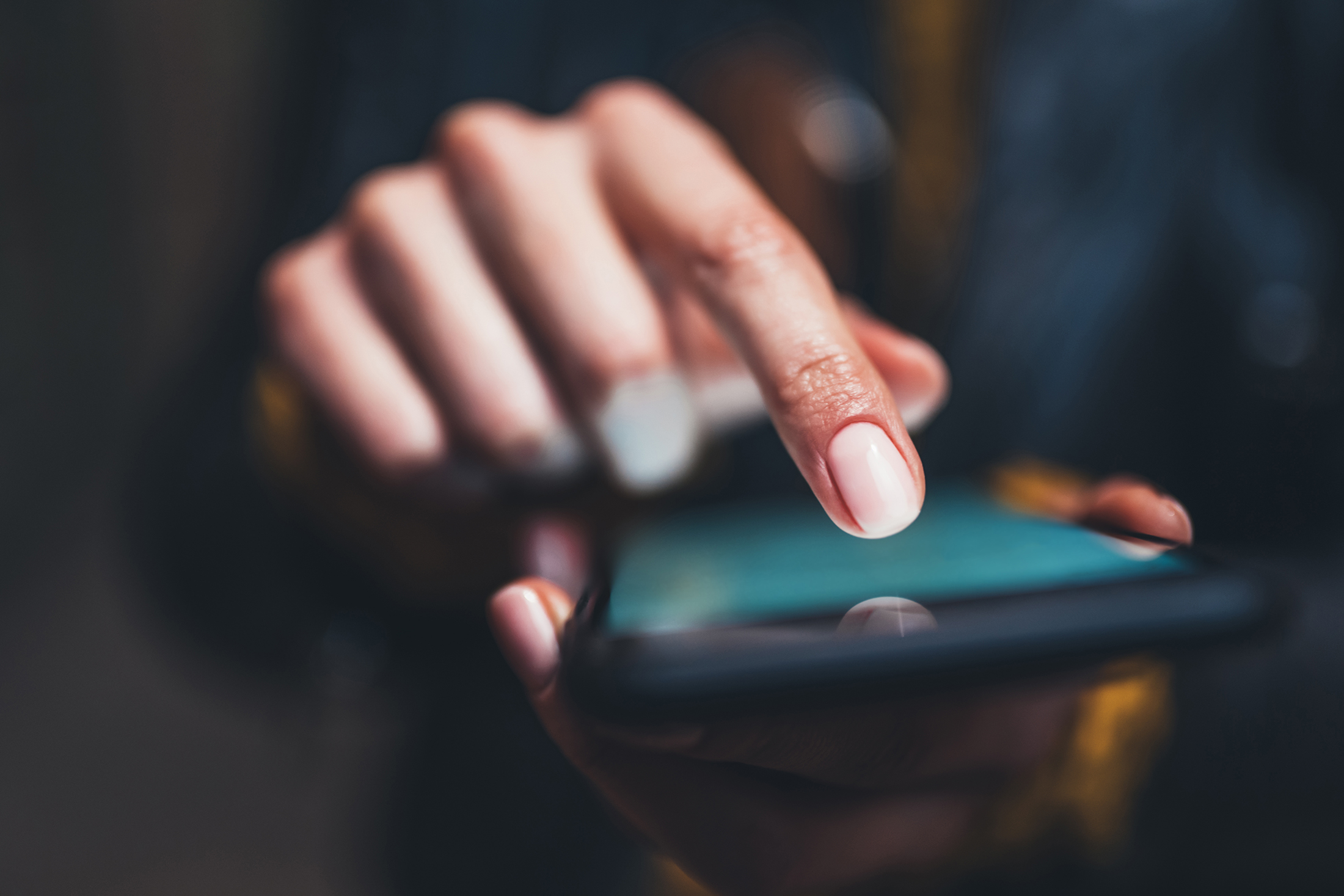This page contains information and other resources that may help individuals who have been impacted by sexual violence.
If you need any support following the abuse of a loved one, you can find information about our specialist support services on the Get Help section of this website or you can contact us to talk confidentially.

Safeline Leaflets
Leaflets for SLYP, ISVA, Male Services and Our Services

Safeline Referral Forms

Media Enquiries
If you are a journalist reporting on sexual offences you may find the following information helpful: Independent Press Standards Organisation’s Guidance on Reporting of Sexual Offences.

Self-Help Resources for Adult Survivors

Male Survivor Research

Useful Reading for Male Survivors

Self-Help Resources for Partners of Survivors

Self Help Resources for Young People
Useful links and self-help resources for children and young people and those who support them

Abuse or Banter
Sexual harassment and abuse at school. 6 out of 10 girls in the UK have been sexually abused at school according to a recent government report.

Blame and Shame: Myths About Rape and Sexual Violence
It takes females on average 12-years to ever disclose being sexually abused in childhood, for males it takes 22-years.

Choosing Not to Report
Many people question what the best thing to do is after being raped or sexually assaulted. There is no right or wrong answer…

How to Cope with Post-traumatic Dreams
This is content written by Safeline Ambassador, Amy Driver.

How to Report Historic Abuse
Historic, or non-recent* abuse is classed as non-recent after 28 days, whether it happened once or 100 times, any time after 28 days, whether it is a few weeks, months, years, or decades it is all classed as non-recent.

Revenge Porn
Revenge Porn refers to the sharing of explicit or sexual, images or videos, without the consent of the person in the image.

Sexting
Sexting is when someone sends a sexually explicit message (image, video, or words) to another person via a mobile phone, computer, or tablet.

Sexual Harassment in the Workplace
Sexual harassment is any sexual behaviour that is unwanted, offensive, and that makes you feel uncomfortable, intimidated, humiliated, or scared

Victim Blaming
Victim blaming might not bother the survivor the first time they hear it, or the second, but to see it every day, from people they consider friends, or from respected news outlets, it builds up, and makes survivors feel at fault.

Understanding Dissociative Identity Disorder
Discover the symptoms, diagnosis, and challenges of Dissociative Identity Disorder (D.I.D) and its link to trauma.

What is Upskirting?
Upskirting refers to the act of taking a photograph (also known as a “creepshot”*) under a person’s clothing without their permission with intention of obtaining sexual gratification, or to cause humiliation, distress or alarm.

What can Friends and Family members do to support survivors of sexual violence
If you are a parent, friend, partner or family member of a survivor of rape and sexual assault, providing support to your loved one can be very difficult

Safeline is a Person-Centred and Trauma Informed Service
Safeline’s approach is built on a foundation of supportive values, practices, and expertise

The Need for Male Specific Services to Meet Male Survivor Needs
Research From The National Male Survivor Helpline and Online Service

LGBT+ People and Sexual Violence
Information Resource from Galop and London Survivors Gateway for LGBT+ survivors of sexual violence


